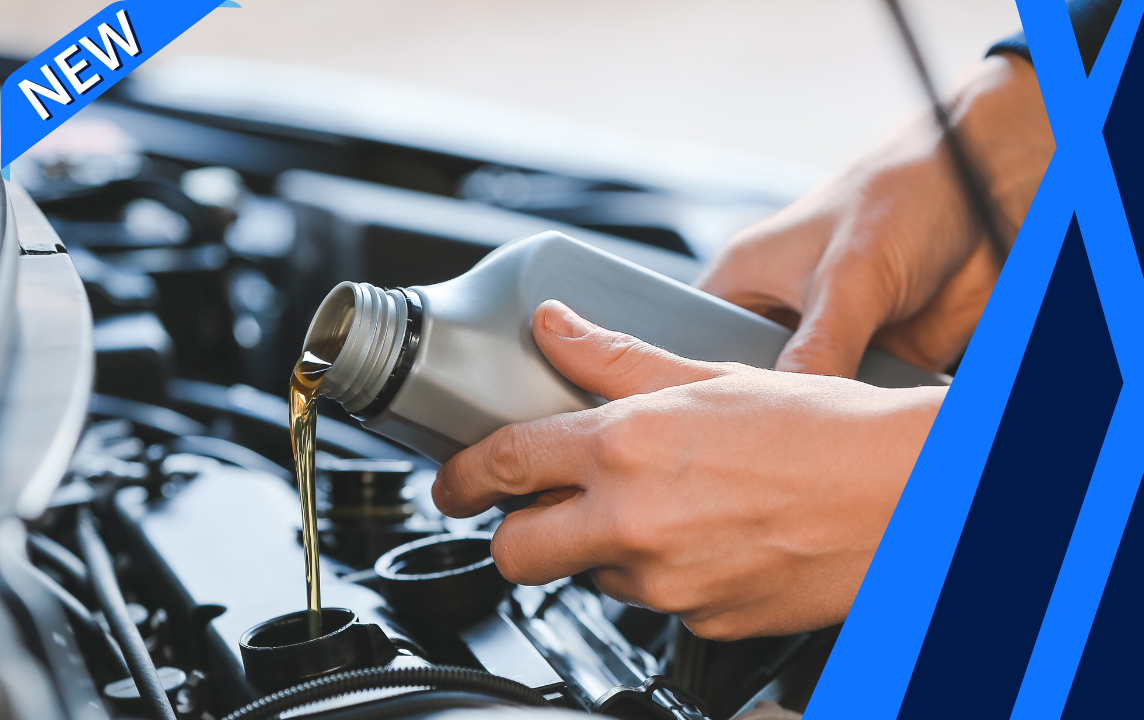Description
Car is getting worse fuel economy Inspection
How this system works:
The fuel system stores and supplies fuel to the car to help drive the engine. Fuel is mixed with air, atomised and vaporised in the engine intake system. It is then compressed in the engine cylinder and ignited, which produces energy to move the pistons. There are different engine layouts and designs, but most of them work in the same fundamental way.
When the system is working as designed and under certain conditions, the fuel system will achieve maximum fuel efficiency. Numerous factors can affect fuel efficiency. It is usually a constantly changing number, but a severe and sudden drop in miles per gallon is cause for concern, and the mechanic should inspect the vehicle.
Common reasons for this to happen:
- Dirty Oxygen Sensor: An oxygen sensor measures exactly how rich or lean the exhaust gases are when they leave the combustion chamber. The vehicle computer uses the data to adjust the amount of fuel entering the engine. If the sensor is dirty or failing, it can lead to a drop in miles per gallon. It can also lead to failed emission tests and a rough idle.
- Dirty Fuel Injectors: Fuel injectors spray fuel into the cylinders where it is mixed with air and ignited. Over time the fuel injector system can become clogged. This can lead to a drop in fuel efficiency and slow acceleration, and the car lacks enough power. If caught early, simply cleaning the injectors can solve the problem. As it progresses, the injectors may have to be replaced.
- Bad or Dirty Spark Plugs: Spark plugs ignite the fuel in the combustion chamber. If they are dirty or working incorrectly, it can cause the engine to misfire, leading to poor engine performance. This can lead to a lack of power as well as a significant decline in fuel efficiency.
- Malfunctioning Mass Air Flow Sensor: A mass airflow sensor detects the amount of air coming into the fuel injection system. It delivers that information to the vehicle’s computer, which crunches the numbers and then delivers the proper amount of fuel to the air in the car. A dirty airflow sensor will degrade fuel efficiently and lead to a rough idle and even stalling as the problem progresses.
- Misaligned Tyres: Tyres that are low or out of alignment can lead to a drop in fuel efficiency. Checking the tyre pressure and having the alignment checked regularly can help prevent this problem.
- Defective Fuel Pump: Fuel delivery issues can drastically affect fuel efficiency. The fuel pump pulls the fuel from the petrol tank to the fuel injectors. The fuel pump can become clogged or malfunction. A bad fuel pump can lead to a rough running engine because it is not getting enough fuel. This will lead to a decline in fuel mileage. If this issue is not addressed, it will lead to rough, idle, sputtering and stalling.
- Clogged Fuel Filter: A clogged fuel filter will also cause problems with fuel mileage. The fuel filter screens out contaminants in the fuel, and over time it will become clogged. Fuel filters need to be replaced periodically.
- Stuck Brake Caliper: A stuck caliper on a disc brake or a stuck shoe on a drum brake can lead to a severe decline in fuel mileage. In addition, any brake issue can make the vehicle dangerous to drive. If the decrease in efficiency is accompanied by the car pulling to one side, the mechanic should inspect the brake system immediately.
What to expect:
A top-rated mobile mechanic will come to your home or office to determine the source and cause of the poor fuel mileage issue and will then provide a detailed inspection report that includes the scope and cost of the necessary repairs.
How it’s done:
A mechanic will inspect your fuel injectors, spark plugs, airflow sensor, tires and other essential components to reach an accurate diagnosis. It may be necessary for the mechanic to test drive the car to produce acceptable results and pinpoint the source of the problem.
How important is this service?
A few of these issues are easy to fix, but others indicate a much more severe problem. Issues related to the fuel system will eventually lead to a rough running engine, stalling, and a car that won’t start at all.




